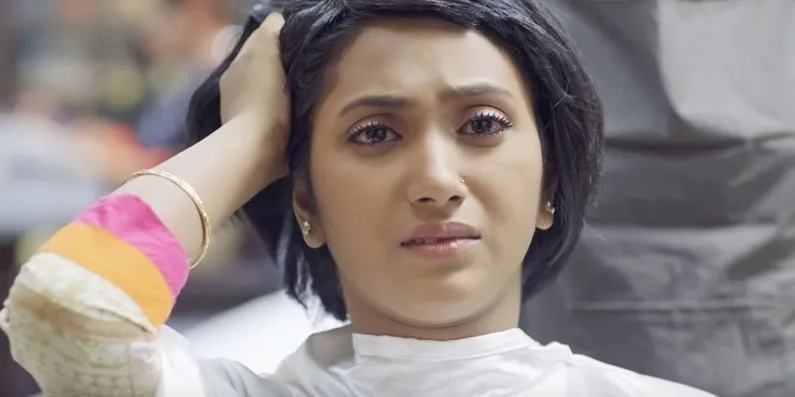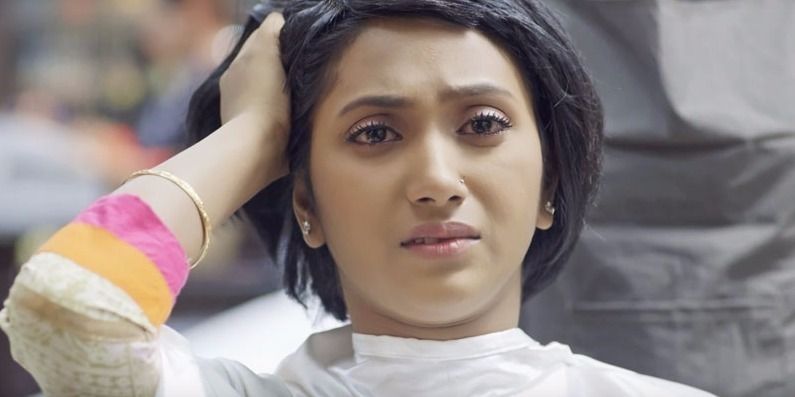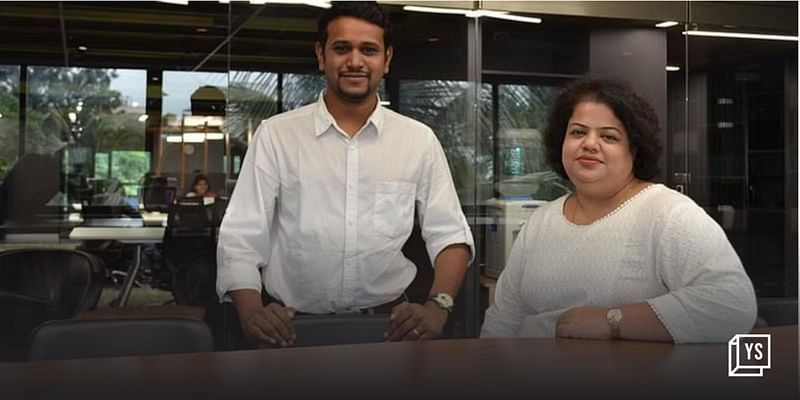A Bangladeshi ad shows why victims of domestic violence need to speak up
Domestic violence or abuse is a stark reality which often goes unreported.
Domestic violence is a social scourge that while leaving scars on the body, inflicts even deeper wounds on the mind. This happens because it is often not reported or spoken about. Cultural baggage and the way marriage is perceived in many societies also keep women from talking about it.
Be that as it may, domestic violence is a serious issue that needs to be talked about. A Bangladeshi hair oil company, Jui, has recently sought to ensure that through a hard-hitting advertisement.
The stark reality
According to UN statistics, seven out of 10 women across the world experience physical or sexual abuse at least once in their lifetime. Data from the World Bank states that women between the age of 15 and 44 are more at risk from rape and domestic violence than from cancer, car accidents, malaria and war.

In Bangladesh, official figures showed that 87 percent of married women suffered domestic violence in 2011 and 80 out of 100 women faced abuse at home. This is a common phenomenon across the world, only the degree varies.
Jui has aired an ad that shows the mental pain and suffering that women who encounter domestic violence go through.
The advertisement starts with a girl going to a parlour to get a haircut. The hair stylist there gives her many options to choose from but the girl insists on cutting her hair short. The stylist says, “Ma’am, long hair looks good on you. Why do you want to shorten it?” Still, the girl insists on cutting her hair short. The stylist tries to change her mind multiple times but the girl doesn’t budge. Her face is drawn and sorrowful. When her hair is short enough, the girl’s eyes fill with tears. With an expression of anguish, she grabs a fistful of hair and says, “Cut my hair so short that no one can yank/pull it.”
Every woman who has suffered domestic violence will empathise with the girl's emotions in the ad. Victims of domestic violence and abuse take a mental and emotional beating. It demolishes their self confidence and trust and breaks their spirit.
There is a line at the end of the ad that says, ‘Hair is a woman’s pride, don’t mistake it for her weakness’.
Recognise you are a victim
Any kind of harassment, torture for dowry, use of abusive tone, manhandling, forced physical relation, and imposition of will comes under the term domestic violence in relation to women. Other than these, discrimination against girls in the house, mental harassment and imprisonment also come under the purview of domestic violence.
Bangladesh may be considered a backward country, but the situation in India with regard to domestic violence is not much better.
According to a report, 70 percent of women suffer domestic violence in some form or another. In India, where ‘the woman’ is worshipped and said to be the mother of creation, the patriarchal society believes that she is weak and less than men. Restrictions are placed on small things and women are beaten for dowry or not giving birth to a son. Sometimes they are even burned and killed.
Men who treat females in a brutal manner always think that they can lay claim to the women in their life because they are ‘weak’. Women who are at the receiving end of this kind of thinking feel helpless and alone. They start to think that they have no place in society. The saddest thing about this situation is that the educated classes are party to this regressive mindset as well. They imprison, beat and exploit women at their will.
This advertisement is an effort to empower women and letting them know that they are not alone. At the end of the ad there is a helpline number that women can call to get assistance.
We need change
Domestic violence doesn’t only occur after marriage, it also happens to young girls. Girls are discriminated against by being locked up in their homes in the name of sacrament. Their education is stopped and they aren’t allowed to go anywhere. This only happens because girls and boys are treated differently.
Due to this, boys are raised in such a way that they learn to suppress their sisters. If girls were brought up to be self-reliant and boys were taught to respect females and consider them equals, then maybe domestic violence wouldn’t be such a big problem in society.
India has made legal efforts in the past to help the victims of domestic violence in the form of the Criminal Law (Amendment) Act 2013 and the Domestic Violence Act of 2005.
For decades, there have been women’s rights movements fighting for a change in the attitude towards females. Despite all of these attempts, India still has a long way to go before domestic violence becomes a thing of the past.
(Translated from Hindi by Surabhi Jain)











